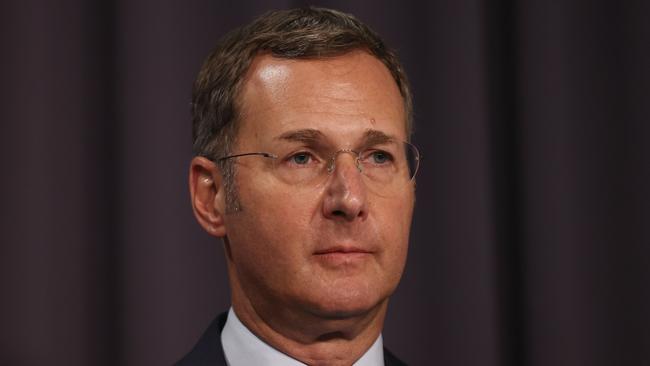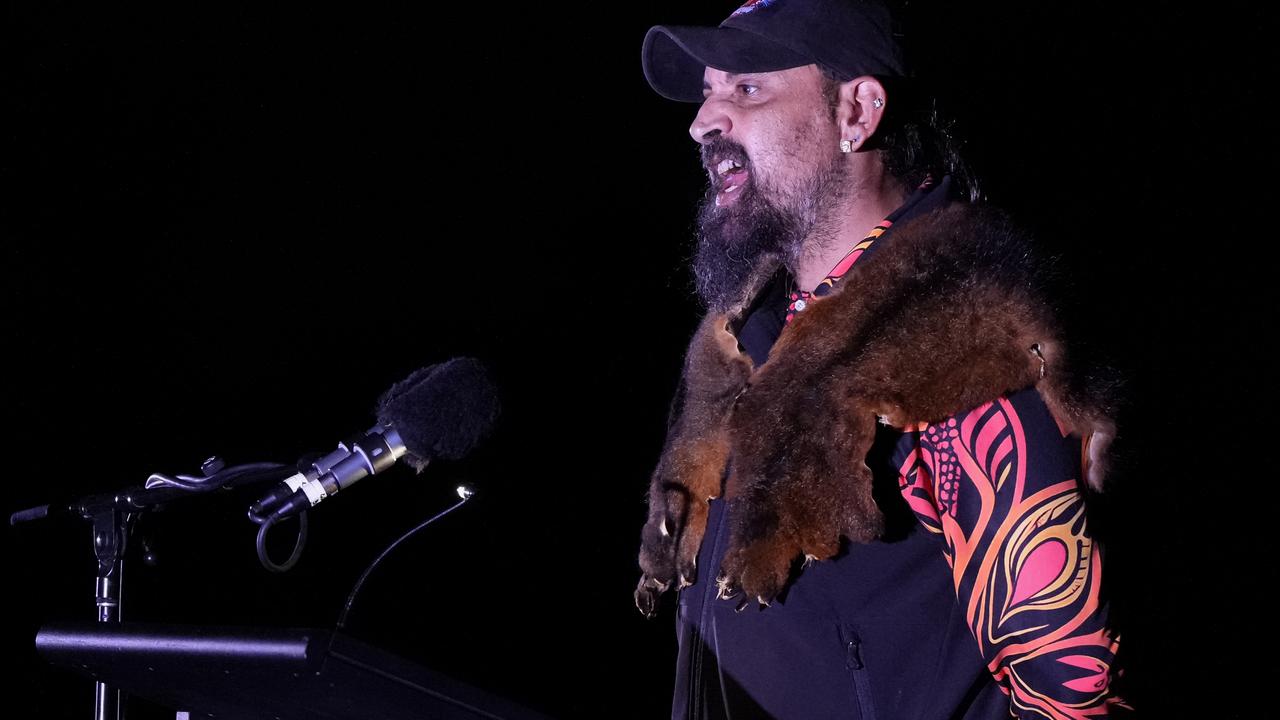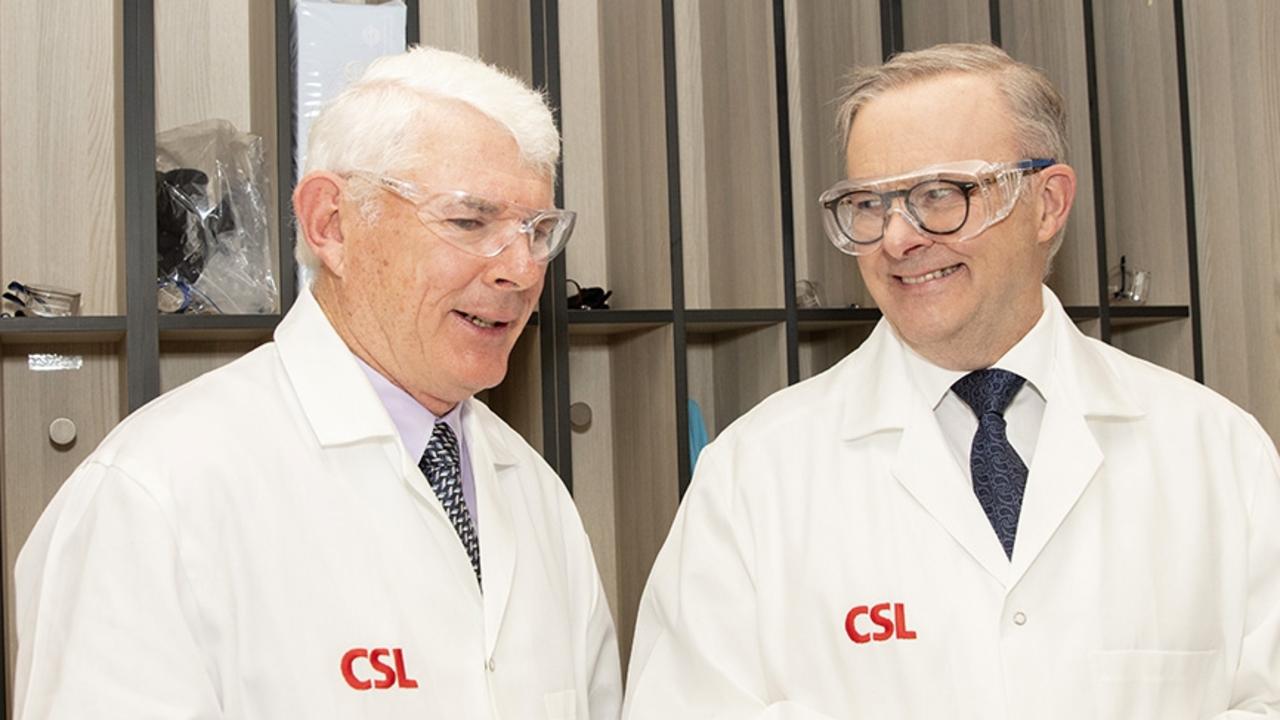Getting message across: younger people baulk at having Covid-19 vaccine
Young and low-income Australians are most hesitant to receive a COVID vaccine, says a new study.

Young and low-income Australians are most hesitant to receive a COVID vaccine, with a new study revealing the need for tailored messaging to increase the uptake of the immunisation program.
The results from a global PwC study come as the federal government seeks to assure the public that the AstraZeneca vaccine is safe for use after a Melbourne man who received the jab last week fell ill with a rare blood-clotting condition. Acting Chief Medical Officer Michael Kidd said it was likely the clotting was related to the vaccine, but he stressed that serious illness or death among unvaccinated Australians posed a far greater risk.
Professor Kidd said international data showed one to two cases of clotting, or thrombosis, were reported in every one million people who received the AstraZeneca jab — significantly lower than the one to two deaths per 100 people infected with the virus.
The study, to be published on Wednesday, reveals a stark difference in age categories, with just 39 per cent of Australians aged under 34 willing to receive a vaccination as soon as it is available compared to 69 per cent of people aged over 65.
It also finds 80 per cent of Australians in a high-income bracket are willing to be vaccinated immediately or within one year, compared to 62 per cent in the low-income bracket.
PwC health practice lead Sarah Butler said part of the difference between income brackets was because mature Australians, who are more likely to be wealthier, were more willing to receive the vaccine because of their heightened vulnerability to the virus.
“Other factors could be education levels and a willingness to turn to trusted sources to receive information and data. I’m more likely to take it up if there’s good information that’s out there, with a proper evidence-base of reasons I should take it up,” she said.
Ms Butler said the different levels of vaccine hesitancy among age groups highlighted the need for tailored health messaging to reach different groups and address the “different rationales that different people in the population have”.
“If you’re looking at older Australians, you might be looking more at government sources and GP channels, whereas if you’re looking at younger Australians, who may not have the same relationship with their GP or the same level of trust in government, you may use other sources of information,” she said.
The study found 42 per cent of all Australian respondents said they would get the vaccine as soon as it was available; 28 per cent indicated they would within a year.



To join the conversation, please log in. Don't have an account? Register
Join the conversation, you are commenting as Logout